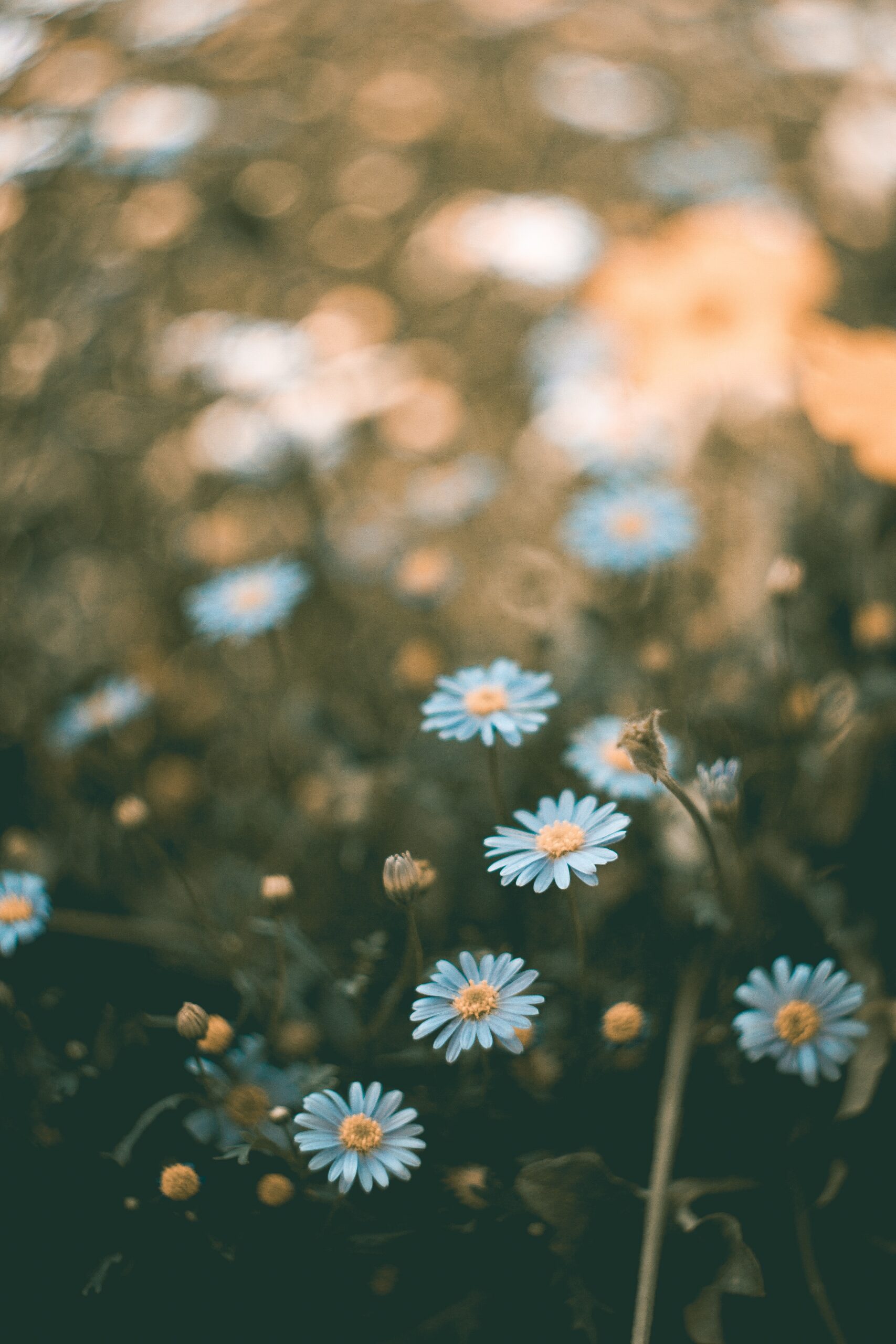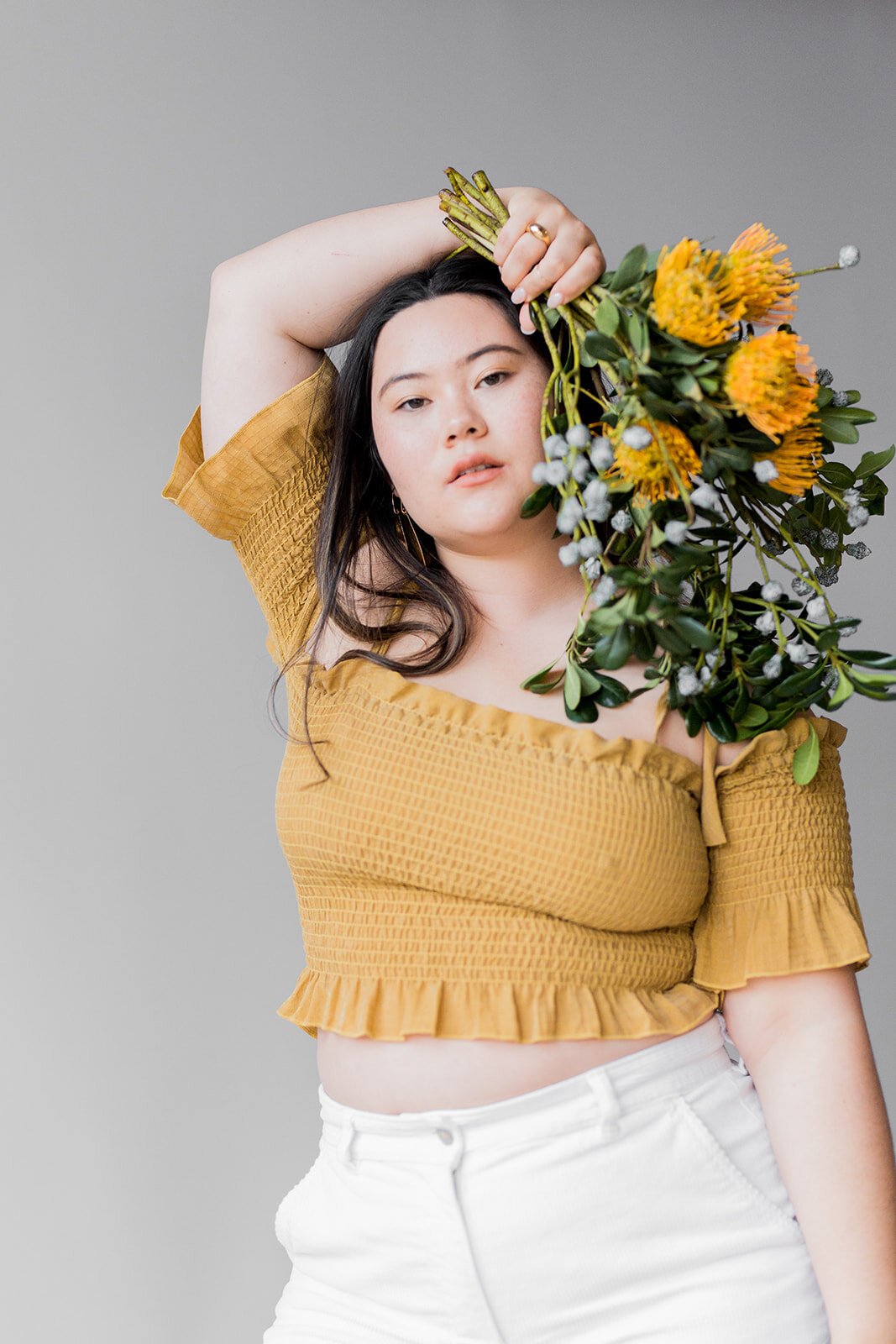We sat at the base of the stairs of her family’s Lake Tahoe cabin as my friend’s mom combed her hair, gently weaving the frizz-free strands into two French braids. Swimsuits on, sunblock slathered over our arms and legs, nothing would keep these two eight-year-olds away from a day at the beach.
My friend’s mother completed her hairstyle, securing ties at the ends of the braids. Then she turned to me to offer to do my hair as well. I said yes, eager for the maternal touch of her hands caressing through my locks. But as the comb began its work, my curls fought back.
“My hair, by nature, doesn’t cooperate.”
Tugging cautiously at my roots, my pal’s mom went into battle. She sprayed my head with detangler, struggled, sprayed more, struggled, but little budged.
I started to get the hint. My hair, by nature, doesn’t cooperate. A well-meaning mother with a brush and basic spray stood no chance. My texture required extra time and care if it was to be dealt with at all. I could not stomach being a burden in any way, and this mess of twists and coils was precisely that.
“My unmanageable hair made me alien, and for that, I despised it.”
This was the moment I began rejecting my hair and, in turn, this part of myself. My unmanageable hair made me alien, and for that, I despised it.
As my friend’s mom continued to fight with my knots, I finally told her we could resort to a ponytail instead of the braids I hoped for. When the tie wrapped around my tangles, I shoved down my disappointment and picked up contempt.
Fast-forward through the scenes of the years that followed: Flashes of steam billowing from the straightening iron, over-washing, little to no thought of the products I used when I did so, and treating my curls like the afterthoughts I believed they deserved to be.
“Because I felt inferior to my glossy-haired friends, I chose to be above all the beauty hoopla instead.”
Minimal maintenance, though seemingly virtuous on the surface, was my go-to defense strategy for haircare. I would scoff at friends with an excess of products crowding their bathroom cabinets, overwhelmed by anything more than a shampoo and conditioner bottle in my regimen. Because I felt inferior to my glossy-haired friends, I chose to be above all the beauty hoopla instead. I was just too self-important to even care – or so I hoped everyone would think.
Minimizing was my superpower; needlessness was my badge of honor.
That was until a customer at the cafe where I worked saw my confused mess of frizz and strands — hair trying to curl naturally but lacking the care and attention to come alive — and she opened with this line, “What products do you use?”
Thinking she liked my hair and was looking for recommendations, I replied confidently, “Oh, nothing really!” I fully expected her to be in awe that I let air and water do the trick. I’m just that easygoing and low-maintenance!
She nodded, “My hair used to be like yours,” she started. “Don’t worry, I have some products that’ll help.”
I was taken aback. At lightning speed inside me, the surprise somersaulted into offense, the offense spiraled into embarrassment, and the embarrassment drained into shame.
“The shield I’d been holding up all my life cracked at her words, allowing a stream of light to shine through the break.”
The shield I’d been holding up all my life cracked at her words, allowing a stream of light to shine through the break. My mask of being “above it all” began to slip, and that eight-year-old who resorted to a ponytail when she wanted braids was hiding behind it.
While that customer’s offer of advice lacked tact, it shocked me with the revelation of how truly neglectful of a relationship I maintained with my hair, driving me to rethink how I cared for it.
In doing so, I got much more than I bargained for.
One Google search in, I was transported to a world of curly hair techniques, products, cuts, protection methods, and maintenance tips. I opened this coconut-scented Pandora’s box of curly care I never knew existed, and I was hooked.
“I could see thoughtful self-care more clearly, and as a result, I saw myself more clearly, too.”
As I delved into this new universe, my long-held views of beauty being too vain or self-indulgent to engage in began dismantling. When my mask of being “above it all” was set aside, I could see thoughtful self-care more clearly, and as a result, I saw myself more clearly, too.
I set out to learn my hair for exactly what it is.
Learning my curls took time. A lot of time. It still takes endless trial and error. Experimenting with products and techniques, I spent months working to understand how my hair communicated. Frizz, oiliness, softness, volume, curl definition, dryness – these are the “words” my hair uses to speak. I soon discovered a community of texture-haired folks like myself, and through their resources, they helped me decipher my locks. These bloggers, YouTubers, and online communities gave me the guidance I never had at eight years old.
Gradually, the frizzy, pony-tailed kid inside me didn’t feel so alien anymore.
This process cost me the price of paying attention. It taught me the vital skills of listening, noticing, and learning and has become a practice that’s bled into how I now care for all the facets of myself. I’m learning to accept my inner world, body, relationships, and personality exactly as they naturally are — quirks and frizziness in all.
“Taking the time to step back, notice, and adjust without shame has become an overarching theme in healing not only my relationship with my hair but my relationship with myself.”
As I embrace the state of my hair — both the good days and bad — I afford myself the grace and understanding that sometimes, the chemistry and circumstances aren’t in my favor, and that’s okay. Taking the time to step back, notice, and adjust without shame has become an overarching theme in healing not only my relationship with my hair but my relationship with myself.
We’re made up of parts, and how we care for any individual sliver of us reflects our relationship to ourselves. Reevaluating those seemingly small relationships will reveal juicy opportunities to lean in closer and learn to love ourselves a little deeper.
All it takes is grace-filled time, loving attention, and lots of practice.
Cheyanne Solis is a writer from California. When she’s not planning weddings or acting like a grandpa by bird-watching in the park with a copy of the Sunday Times, she is falling into fascination about the human experience, working to write words to wrap around it all.
















